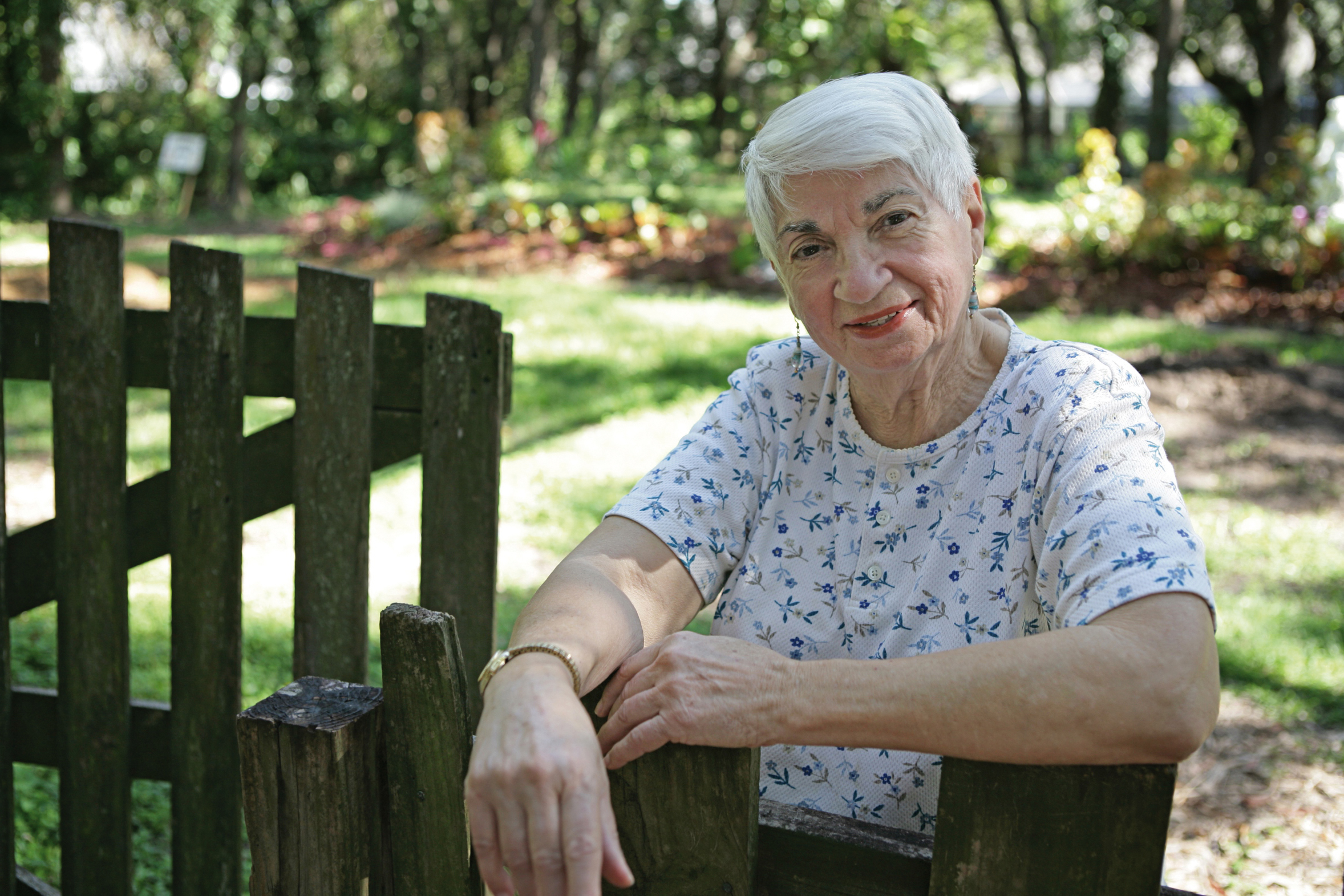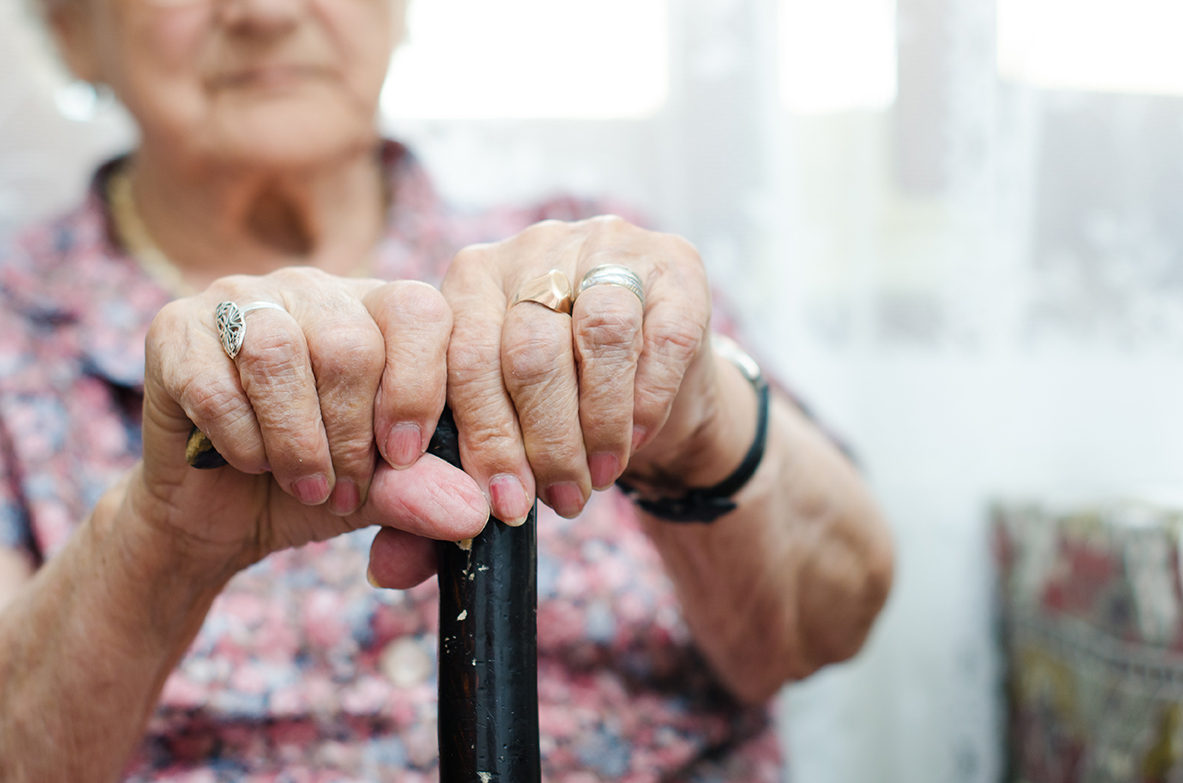.jpg)
Dry eye syndrome, a common eye condition, becomes more prevalent in the elderly and can significantly affect their ocular health and comfort. In addition to the typical symptoms of dryness and irritation, this condition can also lead to increased sensitivity to light. In this article, we will explore dry eye syndrome, its causes, symptoms, and its effect on sensitivity to light, particularly in the elderly population.
Understanding dry eye syndrome
Dry eye syndrome, also known as keratoconjunctivitis sicca, occurs when the eye does not produce enough tears or when the tears evaporate too quickly. Tears are crucial for maintaining the health and comfort of the eye's surface.
Find YOUR ideal care home NOW!
Causes of dry eye syndrome
Dry eye syndrome can result from various factors, including:
-
Aging: As people get older, their tear production tends to decrease, making them more susceptible to dry eye.
-
Medications: Some medications, including antihistamines, decongestants, and medications for high blood pressure, can reduce tear production.
-
Medical conditions: Certain medical conditions, such as diabetes, rheumatoid arthritis, and Sjögren's syndrome, are associated with dry eye.
-
Environmental factors: Exposure to dry, windy, or smoky environments can contribute to dry eye symptoms.
-
Blinking abnormalities: Incomplete or infrequent blinking, often linked to digital device use, can disrupt tear distribution.
Dry eye and sensitivity to light
Sensitivity to light, also known as photophobia, is a common symptom of dry eye syndrome, especially in the elderly. This heightened sensitivity occurs due to the following reasons:
-
Corneal damage: The cornea, the clear front surface of the eye, becomes irregular and damaged when it lacks an adequate tear film. This irregularity can scatter and amplify incoming light, causing discomfort and photophobia.
-
Decreased tear film: An insufficient tear film means less protection for the cornea. This can lead to increased exposure to light and an augmented perception of brightness.
-
Inflammation: Dry eye often involves ocular inflammation, which can exacerbate light sensitivity.
Symptoms of dry eye syndrome
In addition to sensitivity to light, dry eye syndrome can manifest with various symptoms, including:
- Dryness and grittiness.
- Redness and irritation.
- Excessive tearing, paradoxically a response to the irritation.
- Blurred vision.
- Difficulty wearing contact lenses.
Managing eye comfort in later life
Dry eye syndrome is common among older adults and can affect comfort, vision and daily activities. Being attentive to eye health and adapting routines can help reduce discomfort and support everyday wellbeing.
When health needs become more frequent or complex, reviewing suitable care and living options can provide additional reassurance and support.
Get free guidance on care home optionsIndependent guidance • No obligation
Treatment and management
The management of dry eye syndrome typically involves:
-
Artificial tears: Over-the-counter artificial tears can help lubricate the eye and alleviate dryness.
-
Prescription medications: Some individuals may require prescription medications, such as anti-inflammatory eye drops.
-
Lifestyle adjustments: Avoiding environmental triggers, using humidifiers, and practicing regular blinking exercises can provide relief.
-
Blinking techniques: Training the eyes to blink fully and frequently can help ensure better tear distribution.
-
Protective eyewear: Wearing sunglasses with 100% UV protection can shield the eyes from bright sunlight and reduce sensitivity to light.
| Symptom | Management |
|---|---|
| Grittiness and irritation | Use artificial tears to maintain lubrication. |
| Photophobia (light sensitivity) | Wear UV-protective sunglasses to reduce discomfort. |
| Redness | Apply cool compresses and avoid eye strain. |
| Blurred vision | Rest eyes frequently and adjust screen brightness. |
| Excessive tearing | Counterintuitively, caused by irritation; artificial tears can help. |
Dry eye syndrome is a common condition that can lead to sensitivity to light and discomfort, particularly in the elderly. By understanding the causes, symptoms, and management strategies, individuals can seek appropriate treatment and relief for their dry eye symptoms. Regular eye exams are crucial for early detection and intervention, allowing older adults to maintain their ocular health and enjoy an improved quality of life.
FAQ:
What is dry eye syndrome?
Dry eye syndrome occurs when the eyes do not produce enough tears or when tears evaporate too quickly. It can cause irritation, redness, and sensitivity to light, affecting overall eye comfort.
What are the main causes of dry eye?
Aging, certain medications (such as antihistamines), medical conditions like diabetes or Sjögren’s syndrome, environmental factors (dry air, wind, smoke), and excessive screen use contribute to dry eye.
Why does dry eye cause sensitivity to light?
An insufficient tear film leaves the cornea exposed, making the eyes more sensitive to bright light. Corneal inflammation and irregularities can also amplify incoming light, leading to photophobia.
How can I treat dry eye at home?
Using artificial tears, wearing sunglasses, avoiding air conditioning or windy environments, and blinking regularly can help manage symptoms. Increasing humidity indoors and reducing screen time can also provide relief.
When should I see a doctor for dry eye?
If symptoms persist despite using artificial tears, or if you experience significant vision changes, eye pain, or excessive redness, consult an eye specialist for further evaluation and treatment.
Can diet affect dry eye symptoms?
Yes, foods rich in omega-3 fatty acids, such as salmon, flaxseeds, and walnuts, can help support tear production and reduce inflammation in the eyes.
Are there prescription treatments for dry eye?
Yes, doctors may prescribe anti-inflammatory eye drops (such as cyclosporine or lifitegrast) or recommend procedures like punctal plugs to retain moisture in the eyes.
Is dry eye syndrome more common in seniors?
Yes, as tear production naturally declines with age, older adults are more likely to experience dry eye symptoms. Regular eye exams can help detect and manage the condition early.
Need help finding a care home?
Senior Home Plus offers free personalized guidance to help you find a care facility that suits your health needs, budget, and preferred location in the UK.
Call us at 0203 608 0055 to get expert assistance today.
Do you need a care home for yourself or your loved one?
Search for Care Homes by Region
| East Midlands | Eastern | Isle of Man |
| London | North East | North West |
| Northern Ireland | Scotland | South East |
| South West | Wales | West Midlands |
| Yorkshire and the Humber |
Share this article :
Latest posts
You are looking for an establishment for your loved one ?
Get availability & prices
Fill in this form and receive
all the essential information
We would like to inform you of the existence of the opposition list for telephone canvassing.











